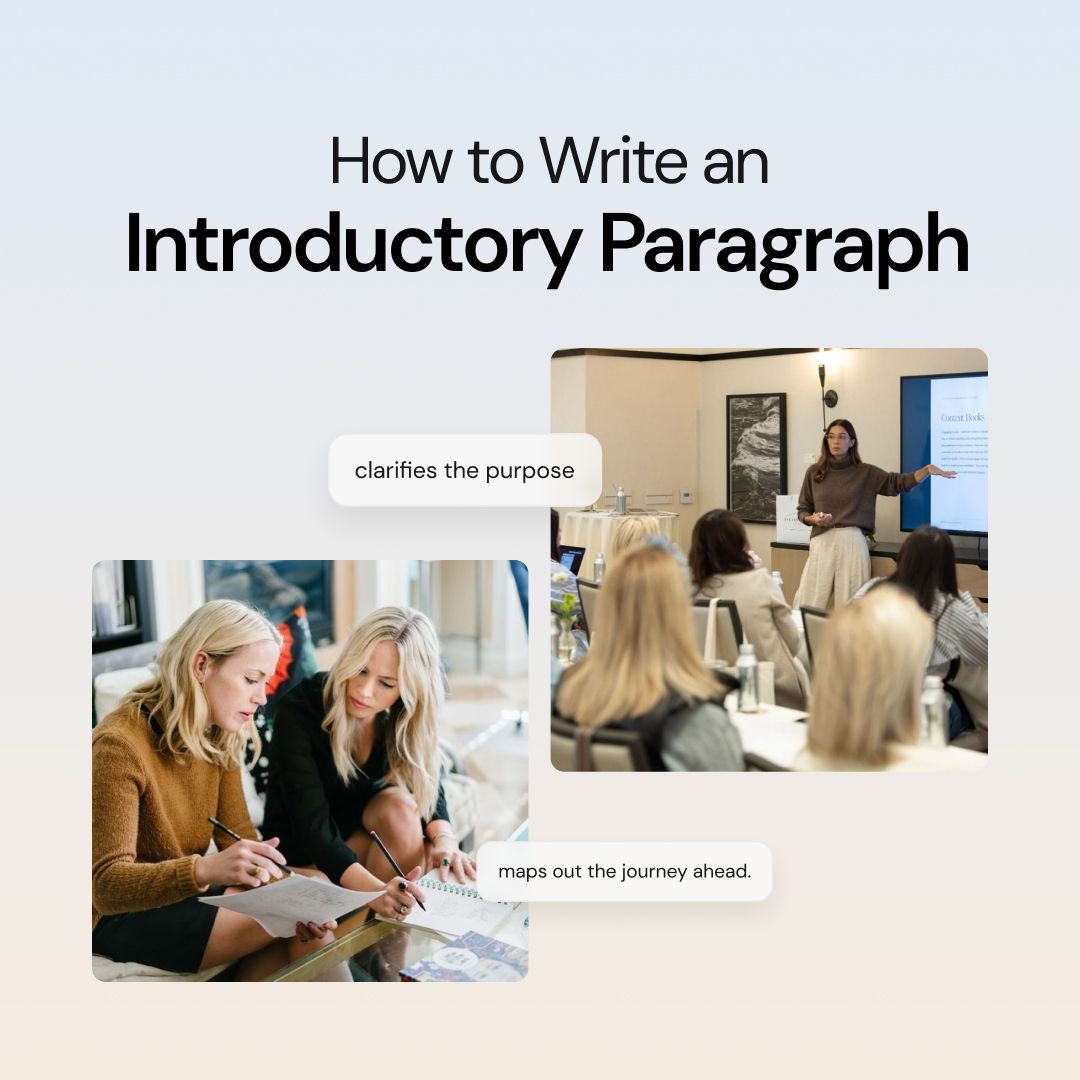Frequently Asked Questions
More topics you may like

Best AI Writing Tools That You Can Use in 2025 (Free & Paid)

Muhammad Bin Habib

How to Write a Movie Novelization Using AI Chat (Complete Guide)

Muhammad Bin Habib

How to Write an Effective Speech: Detailed Guide

Muhammad Bin Habib

How to Write an Introductory Paragraph: Structure, Examples, and Tips

Muhammad Bin Habib

How to Write a One-Page Literature Review in 2025

Muhammad Bin Habib
